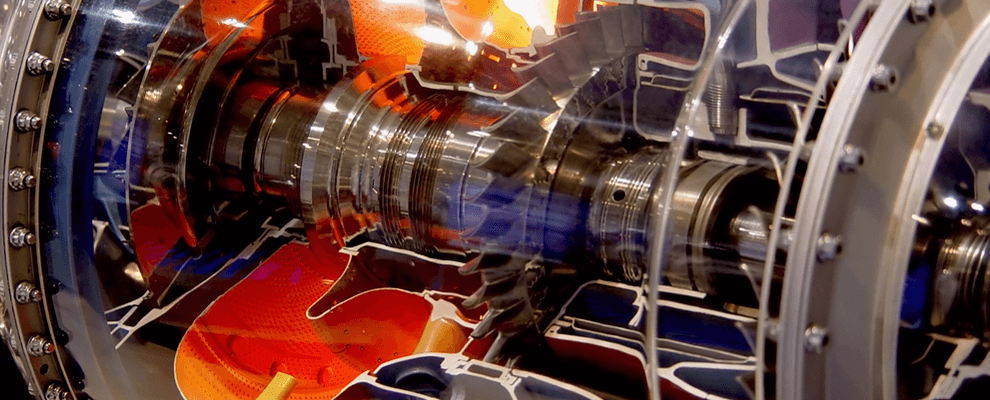
AI’s Impact on Aerospace: Transforming the Next Decade
Improved R&D
Right now, AI dominates the R&D process in several industries, and aerospace is no exception. AI makes it possible to simulate designs and make small adjustments to them based on the results of the simulation. This instant reiteration process can greatly speed up development. Imagine trying to design a more efficient wing. Normally, you’d need to perform numerous complex calculations, build a prototype, test it, and go back to the drawing board. Repeat until finished.
AI can do all of that repeatedly. Input the exact specifications of the wing and set some environmental variables such as air density or temperature, and the computer can run simulations to determine if the design is adequate. If not, it will tweak the design and run the simulation again. It does this until it finds a design that satisfies the parameters the engineers set. Your team can focus more on production and less on design thanks to AI.
Better Automated Controls
Human error remains the leading cause of accidents across all transportation methods. The more we can replace human input with strong AI, the better. We’re already seeing this take place on the road with autonomous vehicles. The airspace is the next frontier for this. Although you might think we’re already there since many planes can perform automatic maneuvers, these are quite limited today in reality.
Automatic landing systems, for instance, depend on hardware down on the ground to function properly. With internet connections becoming standard on aircraft, onboard computers can now run AI programs to automate flight paths and even more complex maneuvers like takeoffs and landings. Instead of needing to listen for instructions from below, we can send data up to the plane and let it do the thinking. This technology is already being implemented in new aircraft designs and will soon be standard.
Flight Routing and Efficiency
It’s not just the aircraft themselves that need to be equipped with AI. We need better air traffic control. Currently, ATC headquarters in various countries are staffed with dozens of controllers, who can also make mistakes. Even when accidents don’t happen, human decisions can lead to wasted fuel, delays upon arrival at airports, and longer connection times between flights simply because of poor management.
AI can learn from daily flight data and look for more optimal routes and better traffic control patterns. AI can even be programmed to consider other variables, weather for instance. If it knows that storms are likely to appear in a certain area during a certain time of the year, it could preventatively route flights around the area. Airlines have been putting this technology to use in their own routing systems, it’s time for countries to do the same.
Machine Learning and National Security
National airspace is more than commercial flights. National security in the air has become more complicated than ever thanks to the proliferation of UAVs (drones) and advancements in military aircraft. New radar systems coupled with AI can help countries to secure their airspace. Modern radar can detect smaller objects and pinpoint their location with greater accuracy, but AI can take that detection one step further.
AI gets stronger as it works with more data. By detecting patterns in movement from radar scans, computers will build profiles. If a radar blip is of a certain size and moves at a certain rate, the AI will gradually be able to tell officers exactly what the object is, which means governments can take appropriate response. By avoiding unnecessary escalation and diplomatic misunderstandings, AI can prevent further conflict.
Implement AI Everywhere
AI technology has become more affordable and accessible in recent years. It can be a useful aid in a number of industries. To implement AI smoothly, however, you will need expert assistance. Contact SAAB RDS to schedule a meeting and learn how we can help you upgrade your systems with artificial intelligence.
